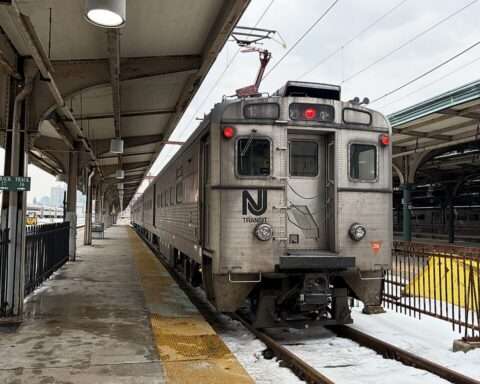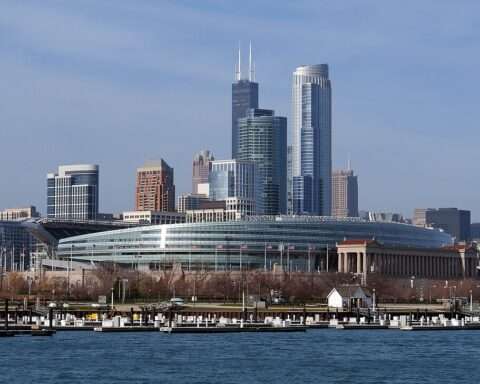Alabama has awarded $188 million to 12 internet service providers to install more than 4,000 miles of “middle-mile” broadband infrastructure throughout the state.
Increasing broadband access in largely rural states like Alabama is an expensive proposition because of the relative lack of middle-mile broadband infrastructure. Middle-mile projects make it more economically feasible and less labor-intensive for providers to extend broadband to businesses and households in rural states.
The funds come from Alabama’s share of the federal 2021 American Rescue Plan Act (ARPA), which created the Capital Projects Fund through the Department of Treasury. The $10 billion program is a response to broadband internet connectivity issues that surfaced during the COVID-19 pandemic. The program seeks to fill gaps in access by building the infrastructure necessary for people to access high-speed internet for work, education and health monitoring. The funding targets rural, Tribal and low- and moderate-income communities.
The largest grant recipient was the Alabama Fiber Network, a coalition of eight rural electric cooperatives, which received $128.8 million to install five middle-mile projects totaling 1,776 miles and connecting 438 anchor institutions in 21 counties.
The Farmers Telecommunications Corp. got $21.6 million to provide two middle-mile fiber routes in Blount, Etowah, Jefferson and Marshall counties totaling 155 miles and connecting 189 anchor institutions.
Spectrum Southeast received $7.3 million for a middle-mile project in rural southeastern Houston County involving 167 miles and connecting eight anchor institutions.
Multiple states have already announced millions of funding for broadband connectivity projects via the CPF. North Carolina last month received $82 million to expand access to 16,000 homes and businesses, while South Carolina allocated $112 million to 17 projects.
In December, the Treasury Department approved how Wisconsin officials will use $140 million in CPF dollars to increase access and affordability of high-speed internet. Oregon received more than $156 million last year to support last-mile broadband infrastructure.
Strategic Partnerships, Inc. can provide information on contract opportunities, plus existing and future government funding. For more information, contact research@spartnerships.com.












